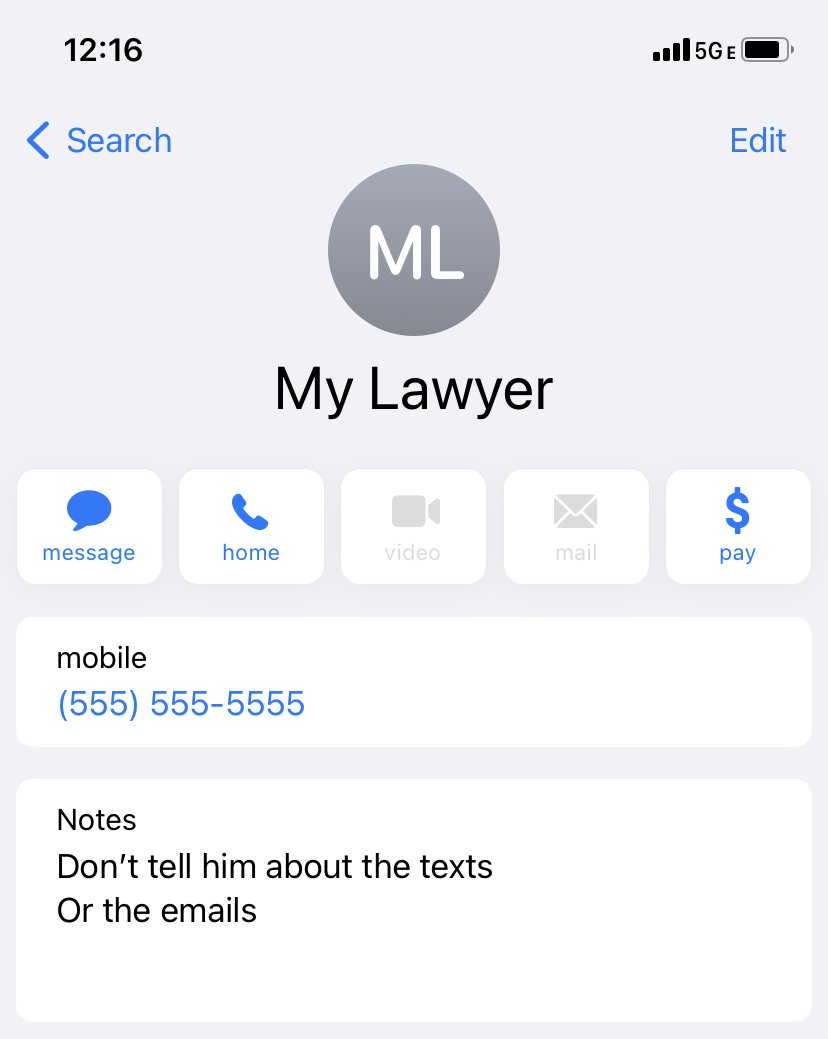MyPillowCase: Lessons Learned?
Mike Lindell may have once been known only as the “MyPillow" Guy,” but recently he’s traded polyurethane foam for horsefeathers.
(It’s been really hot and humid out this weekend, sorry.)
Last week, Lindell filed suit against Dominion Voting Systems and Smartmatic (voting hardware and software companies). The complaint alleges…well, it’s here, it’s 82 pages, and alleges a lot of things. Defamation, RICO Act violations, deprivation of civil rights under color of law under 42 USC 1983 (despite none of the defendants being government actors). This error-ridden, objectively bad complaint quite literally cites to Mein Kampf in a footnote. (If nothing else, if you’re wondering whether your pleading, in any court and on any subject, would be enhanced by reductio ad hitlerum, know it will not.)
The problems here are many and in most cases obvious to the reader, but the aftermath of the filing and publicity is a giant cautionary tale. This lawsuit was filed in the District of Minnesota, and a then-partner in Barnes & Thornburg (a large, reputable firm) signed the complaint as local counsel.
The reaction to this filing was swift: #lawtwitter called out B&T for allowing this mess to get out, and, although I’m not privy to any of these discussions, it’s not hard to imagine the decision makers within B&T’s large corporate clients wondering what the hell happened and whether they could trust their firm to make good decisions going forward. Less than 24 hours after the complaint dropped, the offending partner was ousted (whether he was fired or quit in lieu is not clear), with the firm indicating that he went rogue and filed the complaint without obtaining “firm authorization pursuant to internal firm approval procedures.”
B&T has been tight-lipped about what those procedures were, but there are some takeaways here. There is some speculation that this should have been caught at the conflict check stage, but I’m not sure I agree (and that assumes the conflict check was requested or performed in the first place). If it was requested, “Michael J. Lindell” as a party may not be recognizable to someone performing a conflicts check, without the “MyPillow Guy” context. (And even then, MyPillow might have been a decent corporate client prior to its launch into lolsuits.)
Beyond that, every firm is a bit different in how it approves case intake, particularly from partners and other senior personnel with a proven record who should know better. Newer associates generally bounce the case off of their supervisor, either by rule or by custom. But run-of-the-mill cases brought in by senior attorneys may not require too much other than conflict checking.
Highly public, disruptive, or controversial cases are, or at least should be, another matter. I’ve never worked in a large firm, but in every small firm I’ve worked in, if any lawyer was going to do something that presented more-than-the-usual levels of publicity or risk (be it a contingency case requiring substantial firm resources, or a suit against, say, a judge or other prominent community member), it was expected that the lawyer would have a conversation with a supervisor or partner beforehand. It’s a courtesy, at least, though not a written rule at my current firm. (I’m usually the one doing the weird public stuff these days, though.)
This isn’t to say that firms must shy away from controversial clients (even in a civil context where there is no right to counsel as there is in a criminal context); it can absolutely be ethical to represent clients with unusual or fringe views, so long as you believe you can do so competently and you don’t find their positions or their desired actions so repugnant that you can’t provide appropriate representation. The MyPillowCase does involve a controversial client, but it also involves plain bad lawyering. If I had drafted and filed a complaint like this one (regardless of whether my client was a beloved orphan or a hated politician or anyone in between), my partners would be meeting without me to try to find out whether I had been possessed by space aliens, and for good reason.
B&T no doubt made a business decision that its corporate clients threatening to jump ship were worth far more than whatever value their now-departed partner brought.
Of course, if a senior attorney is hell bent on filing hot garbage there isn’t much that anyone can do to stop them—they’re not working under supervision and generally shouldn’t need to be, but if people always did what they were expected to do there wouldn’t be much need for lawyers in the first place.






